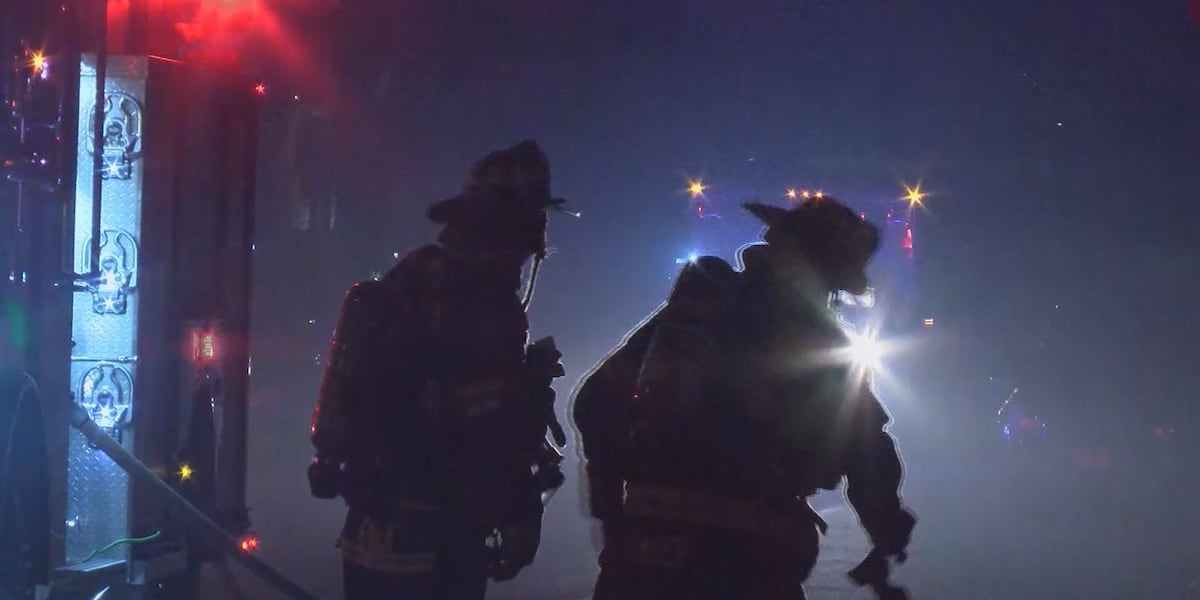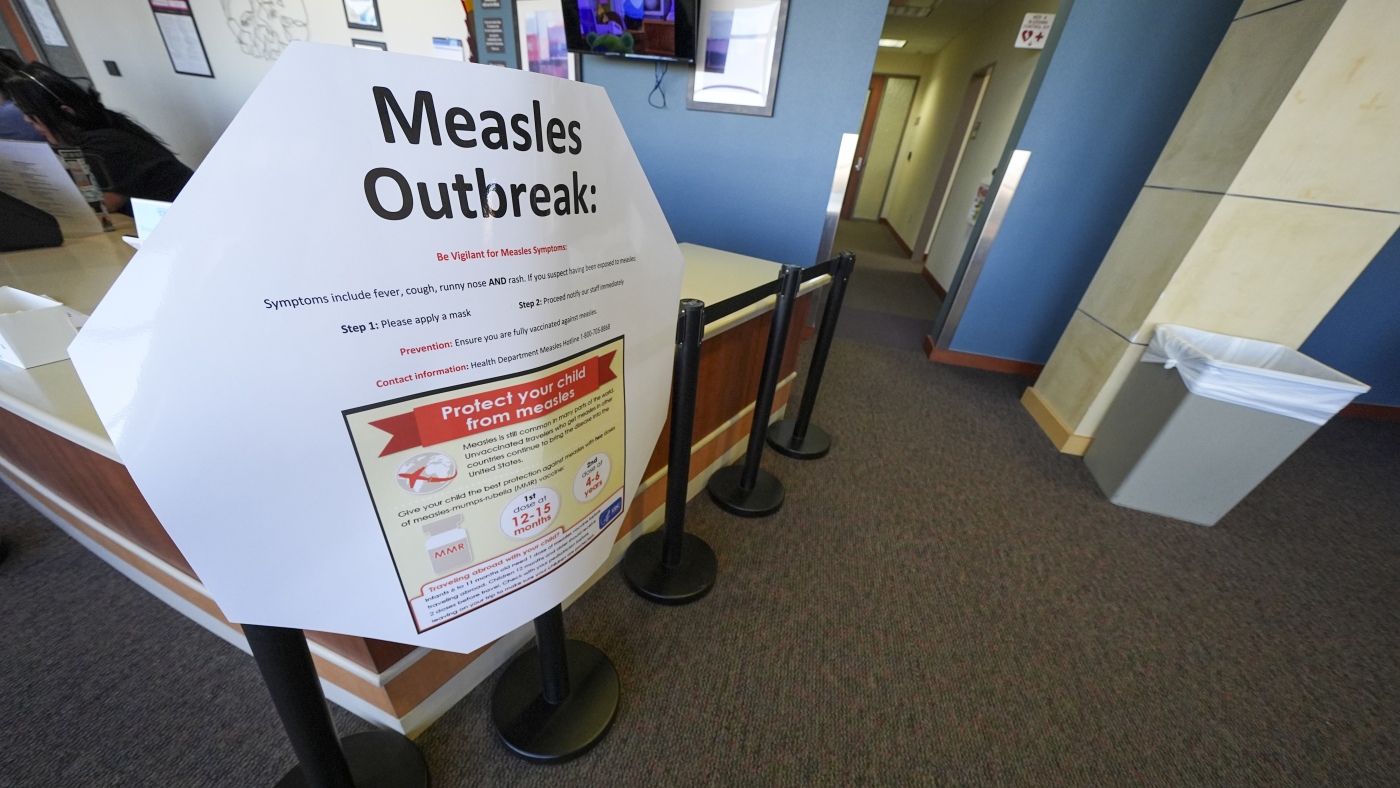Behind the Flames: The Hidden Psychological Toll on America's Bravest
Health
2025-04-18 09:42:52Content

In a startling revelation that exposes the hidden mental health crisis among first responders, new research shows that firefighters face a far greater risk from internal struggles than external dangers. Contrary to the heroic image of battling blazing infernos, these brave professionals are five times more likely to take their own lives than to perish while fighting a house fire.
The stark statistic highlights the immense psychological toll of a profession that demands extraordinary courage and emotional resilience. Firefighters routinely confront traumatic scenes, life-threatening situations, and intense emotional stress that can silently erode their mental well-being. The constant exposure to human suffering, tragic accidents, and life-or-death scenarios creates a profound emotional burden that many struggle to process.
Mental health experts emphasize the critical need for comprehensive support systems, counseling services, and destigmatization of mental health discussions within firefighting communities. Breaking the silence and providing robust psychological resources could be key to saving the lives of those who dedicate themselves to saving others.
This alarming finding serves as a powerful reminder that the most significant battles fought by firefighters are often invisible—waged within their own minds, far from the flames they courageously extinguish.
Silent Guardians: The Unspoken Mental Health Crisis Among Firefighters
In the high-stakes world of emergency services, firefighters stand as unsung heroes, battling not just flames but an invisible enemy that threatens their very survival. Beyond the heroic rescues and life-saving interventions, these brave professionals face a profound mental health challenge that often goes unnoticed by the public and even their own colleagues.Brave Hearts, Broken Spirits: Understanding the Psychological Toll of Heroism
The Invisible Battlefield of Emotional Trauma
Firefighting extends far beyond physical confrontations with blazing infernos. Each emergency response exposes these professionals to traumatic experiences that silently accumulate, creating a psychological minefield. The constant exposure to human suffering, life-threatening situations, and graphic scenes of destruction creates a cumulative emotional burden that traditional support systems often fail to address. Psychological research reveals that firefighters encounter multiple layers of stress that most professionals never experience. From witnessing devastating accidents to recovering human remains, these first responders absorb emotional shocks that gradually erode their mental resilience. The traditional masculine culture of emergency services frequently discourages open discussions about emotional vulnerability, creating a dangerous environment where mental health struggles remain hidden.Suicide Risk: A Stark Statistical Reality
Groundbreaking studies have uncovered a shocking truth: firefighters are exponentially more likely to die by suicide than in the line of duty. The statistical probability of a firefighter taking their own life dramatically surpasses the risks encountered during active emergency responses. This alarming trend stems from a complex interplay of psychological, occupational, and societal factors that systematically undermine their mental well-being. The persistent exposure to traumatic events creates a perfect storm of psychological challenges. Post-traumatic stress disorder (PTSD), depression, anxiety, and chronic emotional exhaustion become silent companions for many firefighters. The cumulative impact of these experiences creates a psychological pressure cooker that can ultimately lead to devastating consequences if left unaddressed.Breaking the Silence: Comprehensive Mental Health Interventions
Addressing this critical issue requires a multifaceted approach that transcends traditional support mechanisms. Comprehensive mental health programs must be developed specifically for emergency service professionals, focusing on early intervention, continuous psychological support, and destigmatizing mental health discussions. Innovative strategies such as mandatory psychological debriefings, peer support networks, and specialized counseling can provide firefighters with essential tools to process their experiences. By creating a culture of openness and vulnerability, emergency services can begin to dismantle the toxic narrative that equates emotional expression with weakness.Systemic Transformation: Reimagining Firefighter Support
Institutional changes are paramount in combating the mental health crisis among firefighters. Organizations must implement robust psychological screening, provide comprehensive mental health resources, and develop proactive support systems that recognize the unique challenges faced by these professionals. Training programs should incorporate emotional intelligence, stress management techniques, and resilience-building strategies. By equipping firefighters with advanced psychological tools, we can help them navigate the complex emotional landscape of their profession more effectively.Personal Resilience: Empowering Individual Healing
While systemic support is crucial, individual firefighters must also be empowered to prioritize their mental health. Developing personal coping mechanisms, practicing mindfulness, maintaining strong social connections, and seeking professional help when needed are critical steps in maintaining psychological well-being. The journey toward mental health recovery is not a sign of weakness but a testament to true strength. By acknowledging their vulnerabilities and actively pursuing healing, firefighters can reclaim their emotional equilibrium and continue serving their communities with renewed vigor and compassion.RELATED NEWS
Health

Sky-High Baseball: Exclusive Aerial Glimpse into Smokies' Electric Home Field Action
2025-04-21 11:58:48
Health

Global Health Frontiers: Gates and Indonesian President Chart New Pandemic Prevention Strategies
2025-05-07 05:56:56






